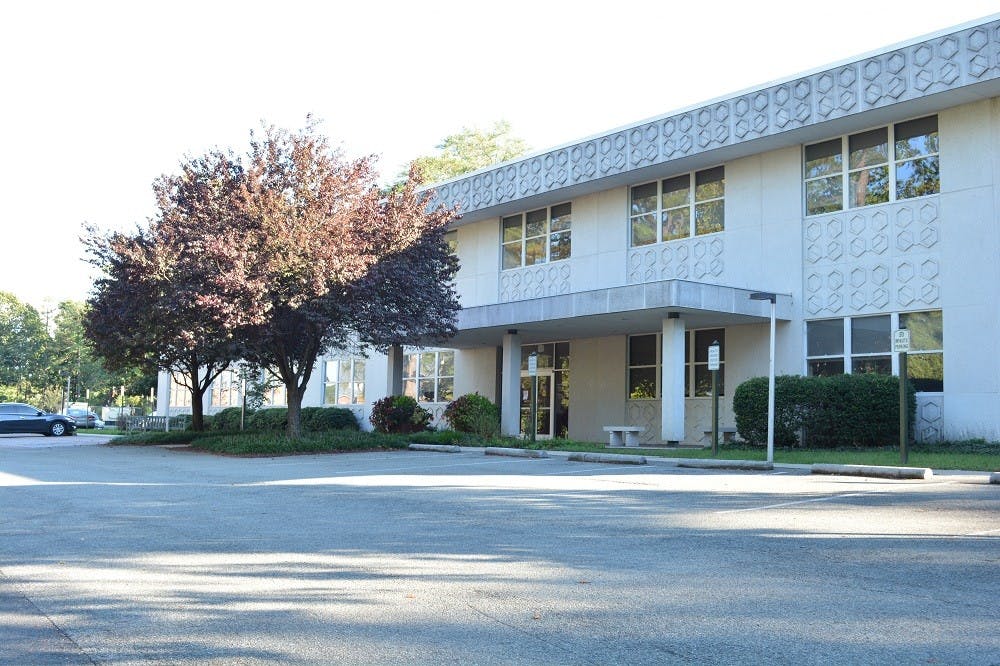In the wake of growing distrust in law enforcement across the U.S., many police departments are beginning to equip officers with body-mounted cameras. The University of Richmond Police Department will not be one of them.
Last spring, campus police tested four body-mounted camera systems for two weeks each. Richmond did not purchase the cameras after the trial, because they were too expensive and there is no pressing demand for campus police to wear them, said David McCoy, the chief of police.
“Trust in communities is built in many ways,” McCoy said. “I look at cameras as just a piece of that. The more we can create initiatives, the more we can invest in projects and opportunities to work with the students, faculty and staff of this university, the greater our trust is going to be and the less need we’re going to have for these [body-mounted cameras] tools.”
Although the cameras themselves are not exorbitantly expensive, storing the footage they capture can cost thousands of dollars, Lt. Eric Beatty said.
A string of national events, such as the shooting of Michael Brown, have sparked a distrust of law enforcement officers across the United States. Modern technology is now being used as an instrument to increase police accountability.
Although there is no concrete data that shows how many police departments across the country are using body-mounted cameras, there are promising results for those that have made the switch. After one year of wearing body-mounted cameras, the Rialto, Calif. Police Department reported that officer use of force dropped by 60 percent, and citizen complaints against police fell by 88 percent.
Communities push for officers to wear cameras when police are not trusted and act irresponsibly; the campus police department does not have that problem, McCoy said.
In order to purchase the necessary equipment for officers to wear body-mounted cameras, the campus police department would need to request funds from the university, which it will not do. While the department can do its job without the cameras, an overhaul of the current radio system will be a necessity in the coming years, McCoy said.
No students offered feelings as to whether they were pleased that police were equipped with cameras during the trial. Had any students offered strong opinions in either direction, they would have been considered by the department, Beatty said.
Unless there is an incident that shows a lack of police accountability, the body-camera debate has been tabled indefinitely. McCoy said students trusted campus police officers, there were rarely complaints of excessive force, and the department needed to use its funding elsewhere.
Contact Collegian reporter Hunter Ross at hunter.ross@richmond.edu
Enjoy what you're reading?
Signup for our newsletter
Support independent student media
You can make a tax-deductible donation by clicking the button below, which takes you to our secure PayPal account. The page is set up to receive contributions in whatever amount you designate. We look forward to using the money we raise to further our mission of providing honest and accurate information to students, faculty, staff, alumni and others in the general public.
Donate Now



